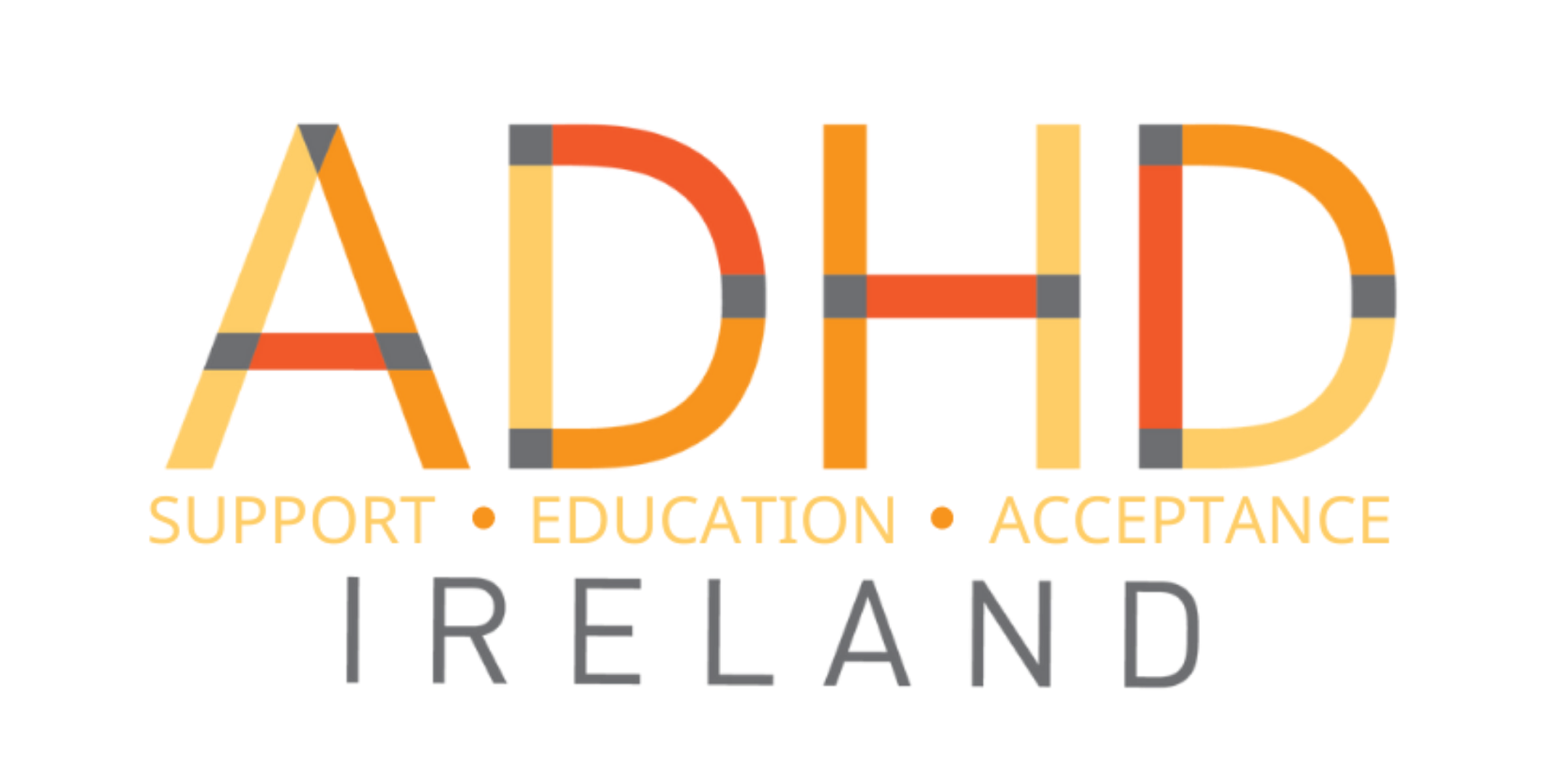Here are some ways that ADHD can present in young people;
- Trouble staying on task e.g finding it hard to get things finished.
- Poor organisation e.g taking a long time to get ready in the mornings
- Poor sense of time e.g spending a long time on a lesson and not having much done
- Poor internalisation of rules e.g having to be repeatedly reminded of things
- Time moves too slowly e.g things taking too long, so moving on to other things
- Poor sense of self-awareness e.g not thinking about the consequences of one’s actions
- Poor reading of social cues e.g not realising behaviour is inappropriate
- Inconsistent work/behaviour e.g having a great day one day, and terrible the next
- Hyper-focusing e.g spending hours on the computer games yet struggles to do homework
- Frequently overwhelmed e.g trouble managing their feelings
- Push away those who want to help e.g “Stop checking my work”, “Get away from me”
Young people with ADHD can become very critical of themselves. It is instinctive for young people to want to learn and to please the adult. When they say “I don’t know why I didn’t do as I was told.”, often they genuinely did not know.
They know they create difficulties but they do not choose this behaviour, but rather act/speak impulsively without thinking about the consequences. If behaviour management isn’t approached correctly, the child with ADHD will internalise into their self-concept that they are ‘naughty’ and will act out according to the identity they have been given by the adult.
There are several ways you can have your child assessed and diagnosed;
- Educational assessment via their school – speak to your child’s teacher about what steps to take
- Referral via your GP to the Child and Adolescent Mental Health Services (CAMHS) or to a private clinician. You can read more on diagnosing ADHD here.
